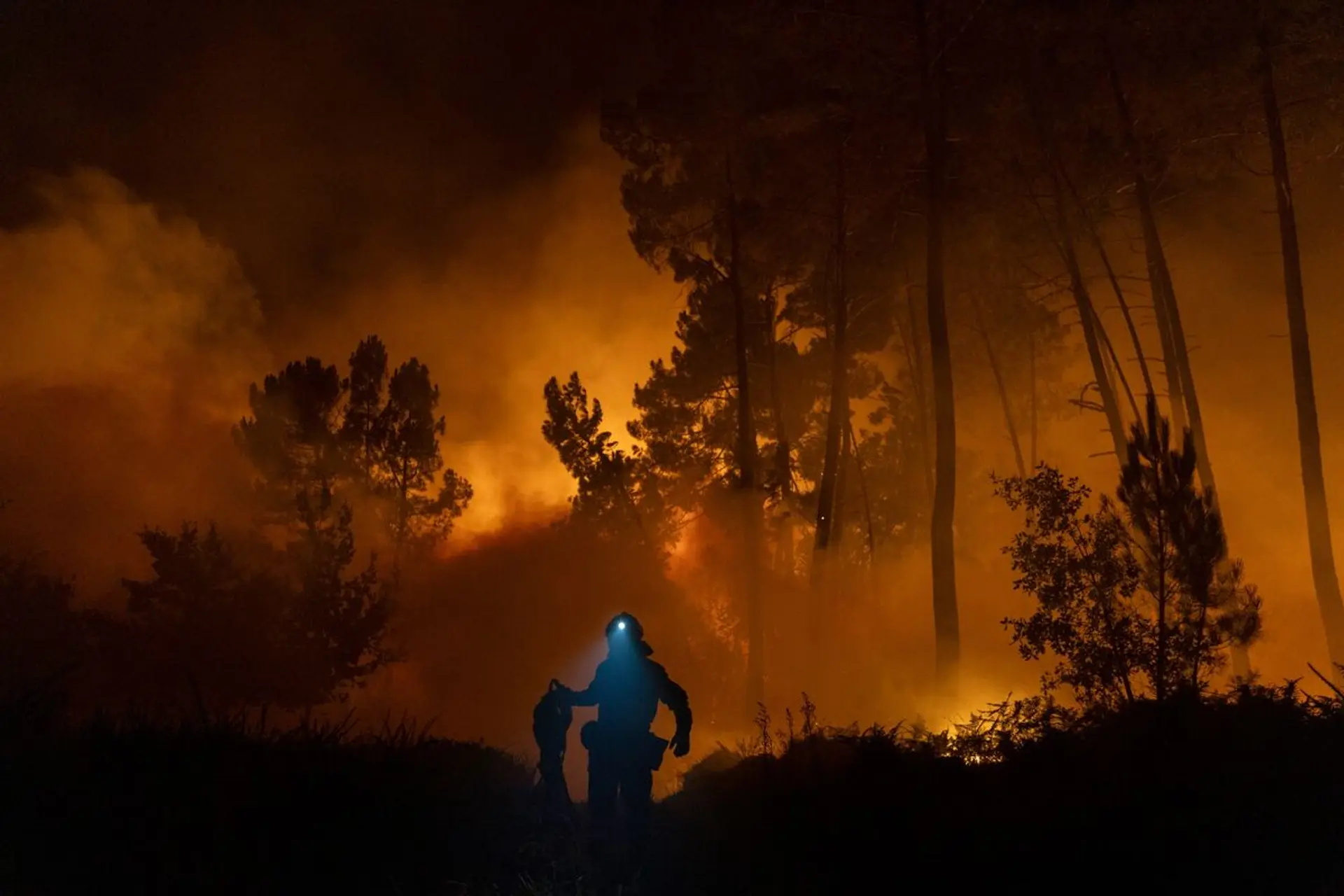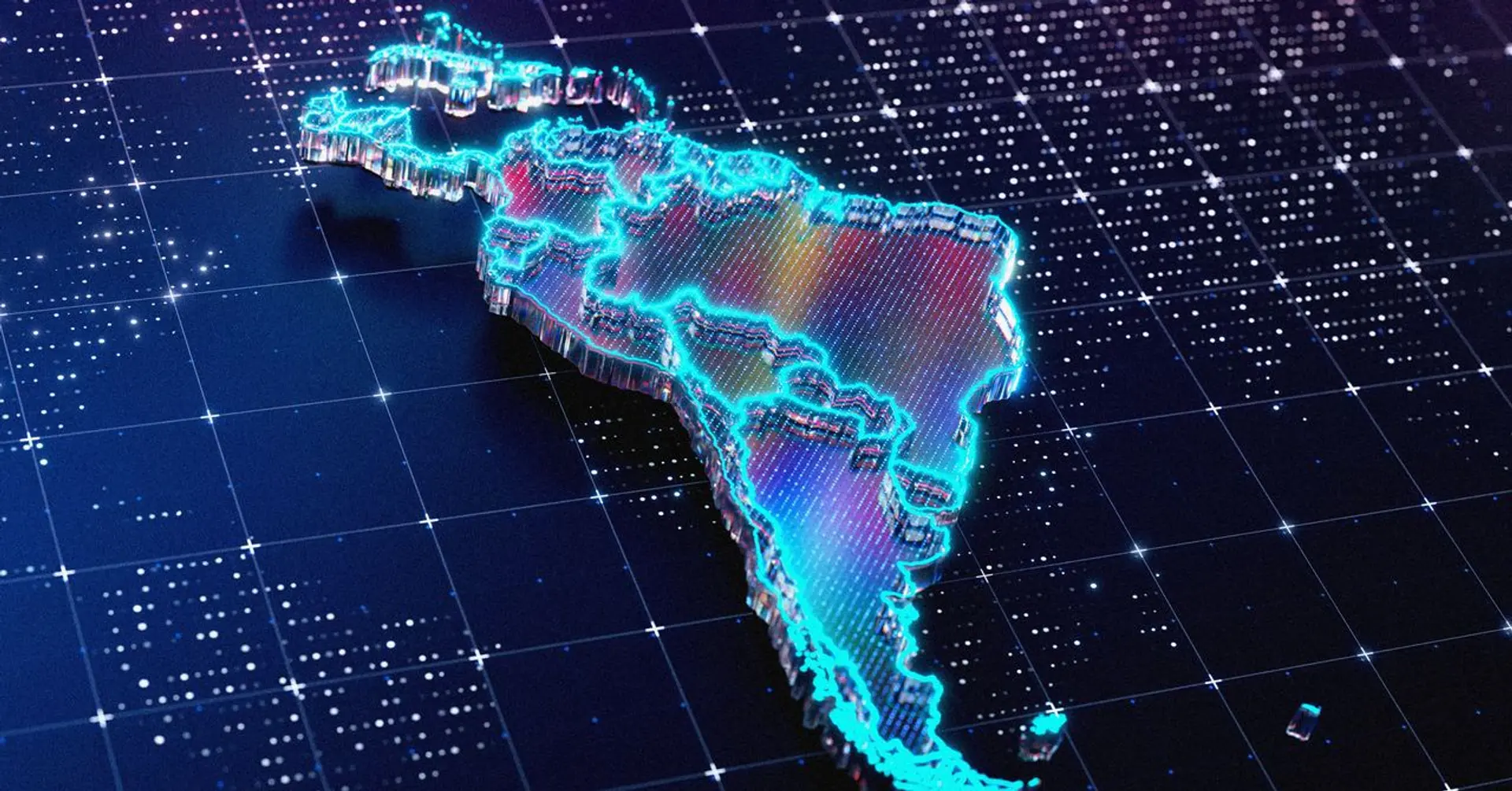Artificial intelligence models are currently facing challenges in accurately predicting extreme weather events. These low-frequency, high-impact occurrences, such as severe storms and heatwaves, present a significant forecasting hurdle. The ability to provide precise and timely warnings for these events is crucial for saving lives and minimising damage.
While AI has shown promise in various weather forecasting applications, its limitations become apparent when dealing with rare and intense phenomena. The complex nature and limited historical data for these events make it difficult for AI algorithms to learn and generalise effectively. Further research and development are needed to enhance AI's capabilities in predicting extreme weather, ensuring communities can better prepare for and respond to these potentially devastating events.




